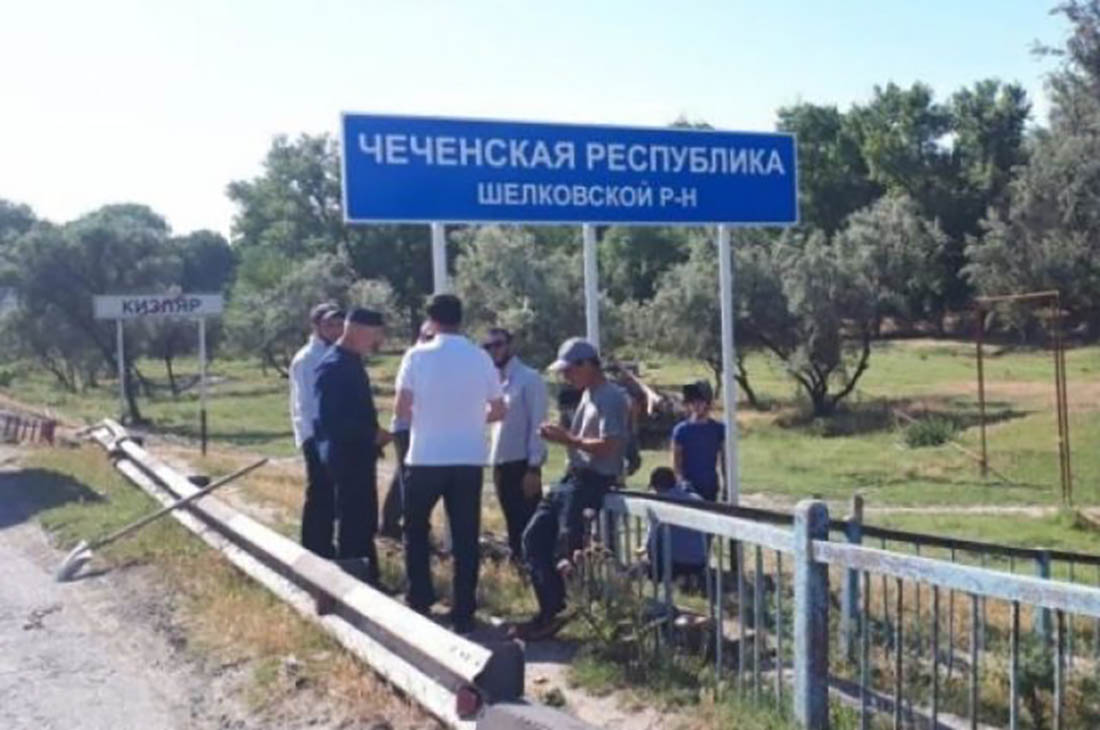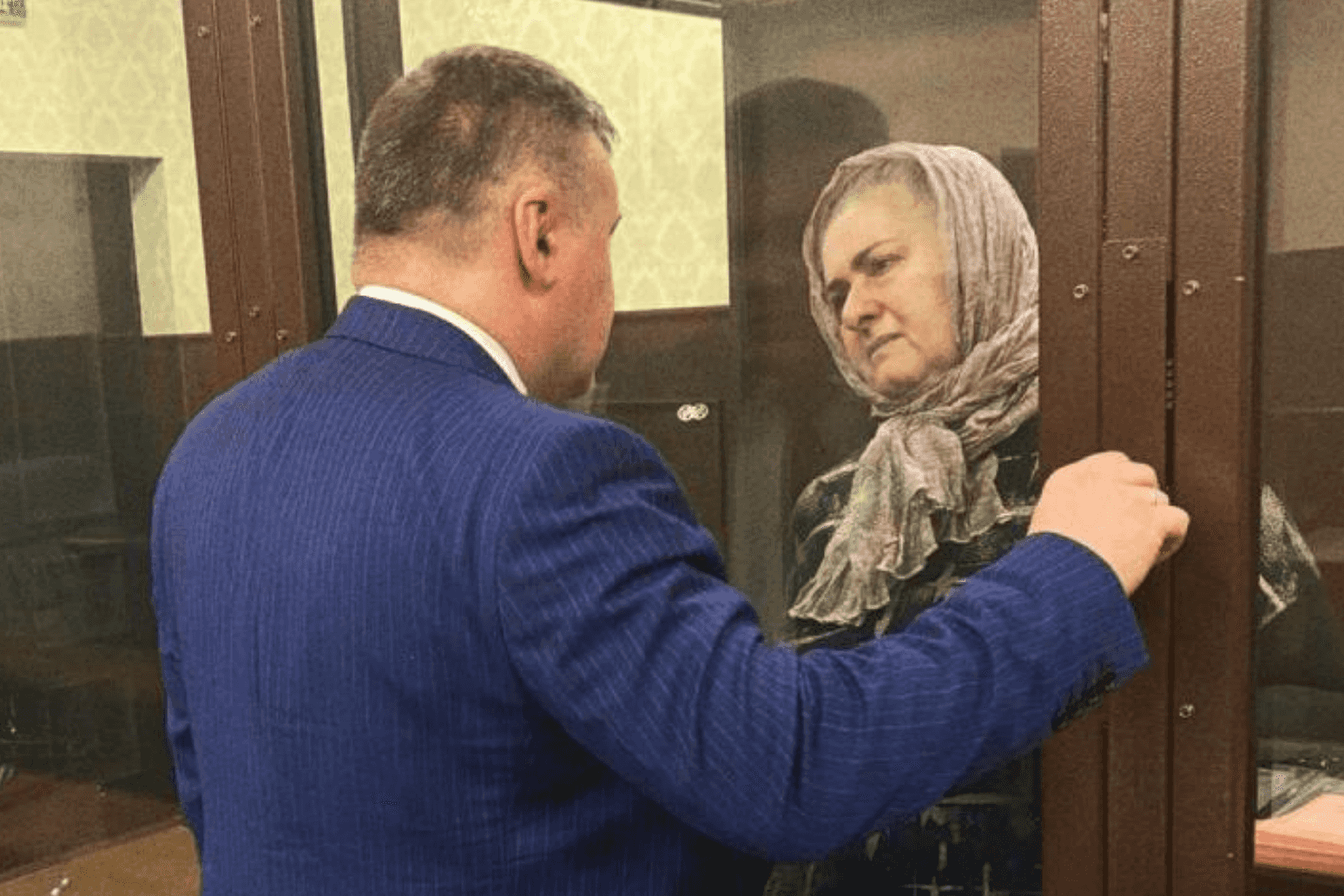

The speaker of the Chechen Parliament, Magomed Daudov, has announced the completion of controversial border demarcations with Chechnya’s neighbouring Russian republics.
The announcement came during a meeting between Daudov and the head of Chechnya, Ramzan Kadyrov, on Monday.
He said that the border with Daghestan was ‘already fixed’, and that there was ‘no problem’ from the Chechen side.
He said that even the boundaries of individual settlements in Chechnya had been added to the federal unified information database, which had not happened since the collapse of the Soviet Union.
Chechnya’s border demarcation with two of it’s four neighbouring Russian regions — Ingushetia and Daghestan — have proved highly controversial, with the Chechen authorities accused of a land grab.
The Ingush authorities concluded an agreement ceading 340 square kilometres, about 9% of its territory, to Chechnya. The move has continued to cause unrest in Ingushetia.
Chechnya also made several claims on areas of Daghestan, leading to fears there that a similar deal could be struck.
On 17 June, Chechnya’s Daudov and the speaker of the Daghestani parliament, Khizri Shikhsaidov, announced that the border demarcation process had been suspended. This came following a recommendation from the Russian President’s representative to the North Caucasus, Aleksandr Matovnikov.
Neither side announced that the process had resumed.
The Daghestani authorities have not commented on Daudov’s latest statement, leaving it unclear if the process has been concluded and if so where the border lies.
A spokesperson for the Daghestani parliament told OC Media that parliament had nothing to do with the demarcation process and was not aware whether the process had been completed. The spokesperson referred the issue to the relevant ministries.
The Ministry of Land and Property Relations of Daghestan did not respond to an official request for comment.
A contentious process
In late December, Russia’s Supreme Court threw out a case relating to a forested area adjacent to Kizlyar, in western Daghestan.
Kizlyar had included the area within their general plan for Kizlyar District, leading to lawsuits from both Daghestan’s Forestry Committee and Chechnya’s Ministry of Nature, and a countersuit from the Kizlyar District administration.
The Chechen ministry claimed that the area belonged to Chechnya’s Shelkovskoy District.
The Supreme Court ruled on 26 December that none of the plaintiffs had any standing as the forests were federal property, leaving the fate of the area unclear.

The authorities of Chechnya and Daghestan began discussing the border issue in January 2019. This was done as part of a push by the federal government for all federal subjects of Russia to demarcate their borders.
The issue led to widespread public outcry in Daghestan. Social activists and experts drew the attention of the authorities to eight large disputed territories on the border in four districts of Daghestan: Kizlyar, Botlikh, Gumbetovskiy, and Tsumadinskiy.
In March, Chechnya unilaterally added 18 hectares of land near the Daghestani village of Novomonastyrskoye, in Kizlyar District, to the federal cadastral registration as belonging to the Chechen village of Borozdinovskaya, in the Shelkovskoy District.









